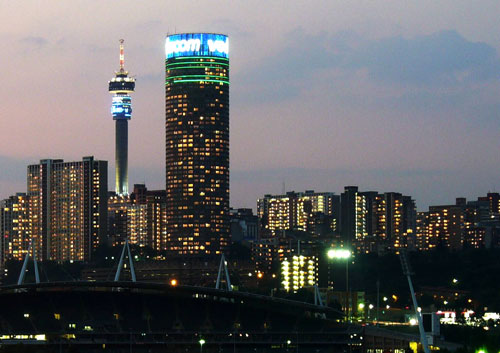South Africa introduces minimum performance for lamps

The South African government has effectively banned traditional lighting technologies by introducing minimum efficacy performance standards (MEPS).
It has ruled that all light sources for sale in the country should have a minimum luminous efficiency rate of 90 lumens per watt (lm/W) rising to 105 lm/W in 2026. The legislation effectively limits most applications to the use of LED.
It is a big upheaval in the South African market where, on average, a typical incandescent lamp currently produces 12 lm/W, with an average for energy-saving compact fluorescents lamps of 55 lm/W and 80 lm/W for LED lamps.
Based on United Nations’ assessment data, the transition to energy efficient lighting in South Africa could result in potential annual savings in 2030 of at least 1 TWh of annual electricity savings.
The South African government was advised by the non-government organisation Clasp which lobbies policy makers around the world to implement carbon-cutting legislation.
The UK government has also proposed introducing MEPS, but with higher minimum performance than South Africa. It wants light sources and lamps to have an efficacy of 120 lm/W, rising to 140 lm/W in 2027.
However, the lighting industry is lobbying to moderate the measures which it believes are not realistic.
A delegation from the Lighting Industry Association has discussed the concerns of the sector with the Department of Energy Security and Net Zero.
Under the proposals, there are modest concessions for mains voltage light sources, directional light sources, ‘connected’ light sources, light sources with a Colour Rendering Index greater than 93, light sources with a correlated colour temperature of under 2000K, and light sources with an output of less than 400 lm.
Despite the concessions, a large proportion of lamps currently on the market fail to exceed 120 lm/W and face effective banning if the proposal go ahead.
• Diary date: Circular Lighting Live 2024, Recolight’s flagship conference and exhibition, takes place on Wednesday 9 October 2024 at the Royal College of Physicians in London. Free to specifiers, Circular Lighting Live 2024 will feature leading experts, specifiers and policy makers who will share their insights into forthcoming standards and legislation, emerging technologies and new business models. More info: www.circularlighting.live


